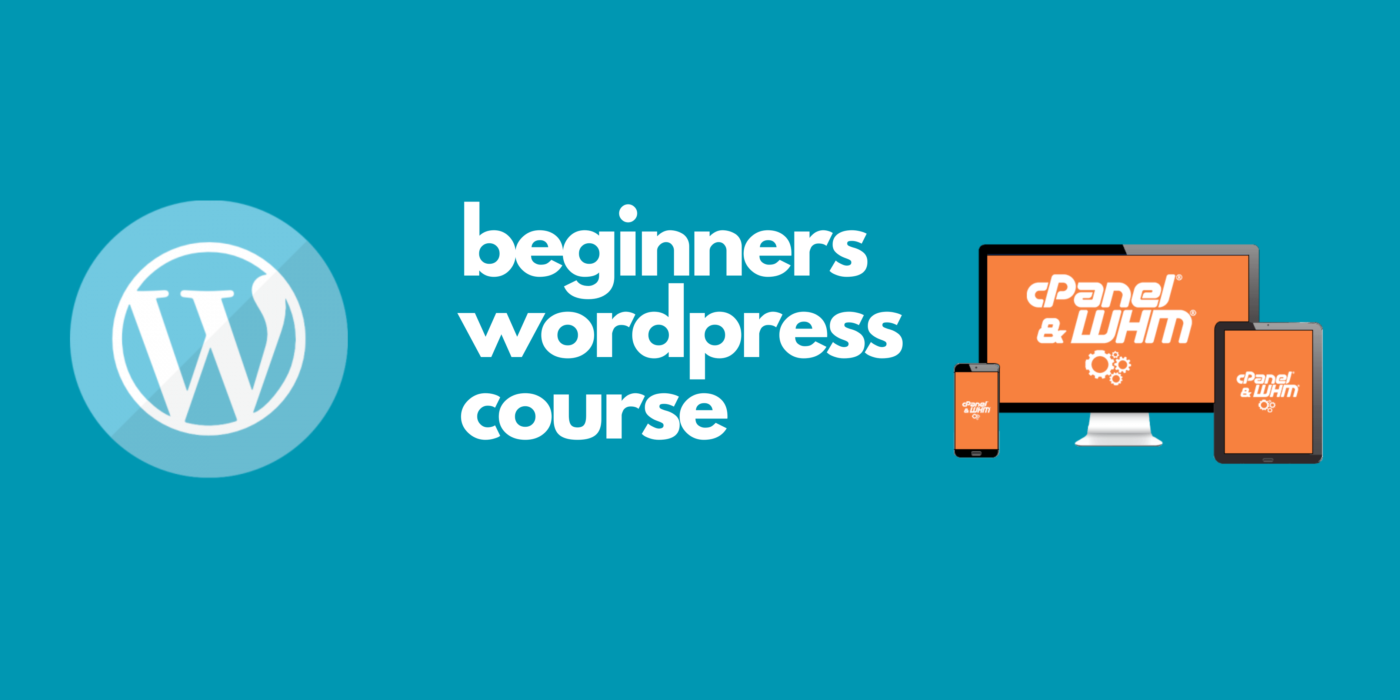
Key Topics Covered:
- Introduction to WordPress: Explore the basics of WordPress, its features, and why it’s an ideal platform for web design.
- Web Design Principles: Learn essential design principles, including layout, color schemes, typography, and visual hierarchy.
- Planning and Organizing: Develop a strategic approach to website planning, including defining objectives, target audience analysis, and content structuring.
- Setting Up WordPress: Walk through the process of installing and configuring WordPress on a hosting platform.
- Themes and Templates: Discover how to select, customize, and optimize WordPress themes to create visually appealing and functional websites.
- Content Creation: Learn how to create and manage different types of content, such as pages, blog posts, images, and multimedia.
- Plugins and Extensions: Understand the concept of plugins and explore essential plugins for enhancing website functionality and security.
- Customization and Branding: Explore customization options, including creating menus, widgets, and customizing the website’s appearance to reflect your brand.
- Search Engine Optimization (SEO): Learn basic SEO techniques to optimize website visibility and improve search engine rankings.
- Hosting Implementation: Understand the process of selecting a hosting provider, domain registration, and launching your website to make it accessible online.
- Website Maintenance and Security: Gain insights into website maintenance best practices, including regular updates, backups, and implementing security measures.
Prerequisites:
No prior knowledge of web design or WordPress is required. Basic computer literacy and familiarity with internet browsing are recommended.
By the end of this course, participants will have the skills and confidence to design, develop, and host their own websites using WordPress. They will have a comprehensive understanding of the WordPress ecosystem and be equipped to take their web design projects to the next level.
